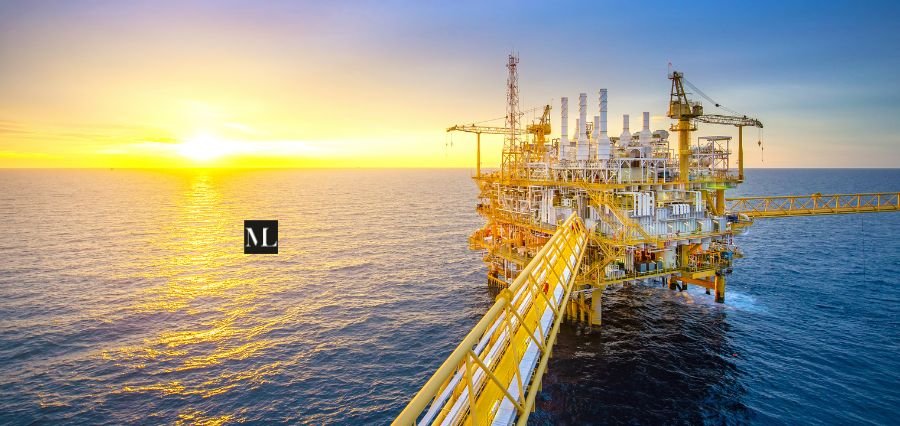Prime Highlights
- Azerbaijan will deliver 1.2 billion cubic meters of natural gas annually to Syria through Türkiye.
- The delivery will boost Syria’s power generation by 750 MW, which is equivalent to four extra hours of power a day in the central regions.
Key Facts
- Base supply is 3.4 million m³/day, which will rise incrementally to 6 million m³/day.
- The gas will be delivered from Azerbaijan’s Shah Deniz field, which will further cement regional energy cooperation and support Syria’s reconstruction.
Key Background
Azerbaijan signed a major energy deal to give 1.2 billion boxy measures of natural gas annually to Syria through Türkiye. SOCAR Vice President Elshad Nasirov revealed the agreement at a form along the Turkish – Syrian border in Kilis on August 3, 2025; it’s a significant move towards lesser cooperation and reconditioning ofpost-war Syria.
The Azerbaijani gas comes from Shah Deniz in the Caspian Sea under a consortium dominated by BP. The fuel will travel through Turkish factories to Syria, demonstrating Ankara’s shifting policy towards reviving ties with Damascus after a decade of tense relations. The pact comes after recent negotiations between Azerbaijan and Syria, with energy as the bridge between novel diplomatic relations.
Syrian Energy Minister Mohammad Al‑Bashir states the imported gas will generate about 750 megawatts of electricity, alleviating shortages and reviving services in affected areas. The energy injection will add another four hours of electric supply per day to hard-striken areas. Turkish Energy Minister Alparslan Bayraktar confirmed early deliveries would increase step by step from 3.4 million m³/day to 6 million m³/day, while future milestones would double exports to 2 billion m³ per year.
This step indicates the increasing position of Azerbaijan as a credible energy supplier to other markets aside from the traditional ones. Simultaneously, Türkiye’s position makes it a key player in rebuilding Syria with Turkish companies set to have a monopoly in rebuilding infrastructure. The agreement caters not only Syria’s short-term energy needs but also reflects altering regional politics where energy diplomacy is redefining Middle Eastern political and economic relations.
Read more : Hyundai Trials Hydrogen Bus in NEOM’s Mountainous Terrain to Drive Zero‑Emission Mobility




